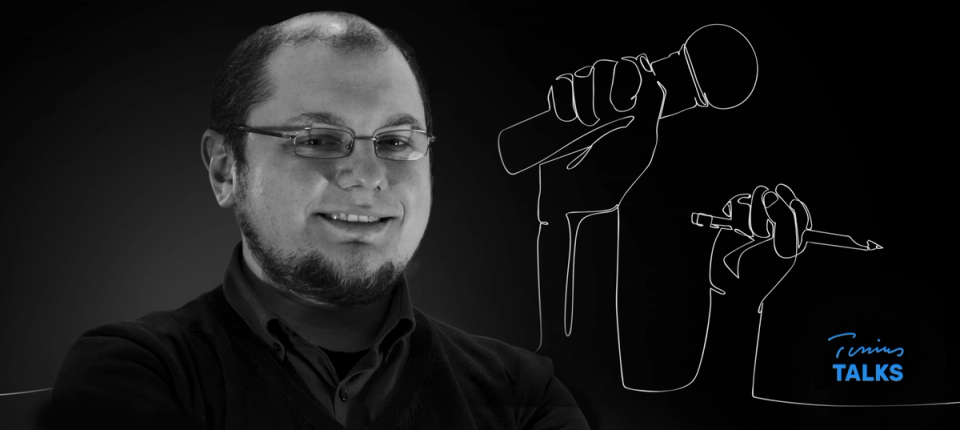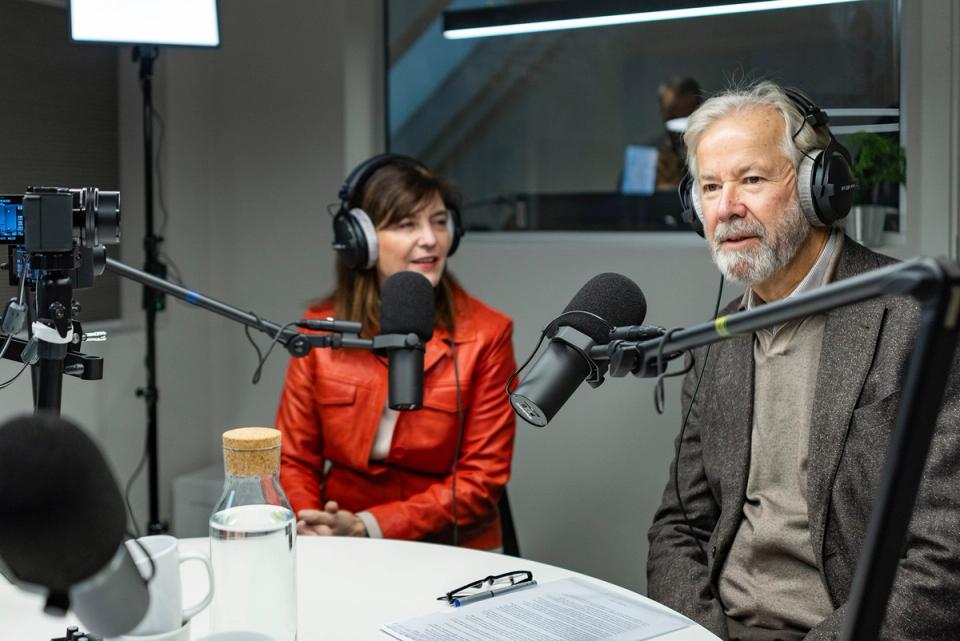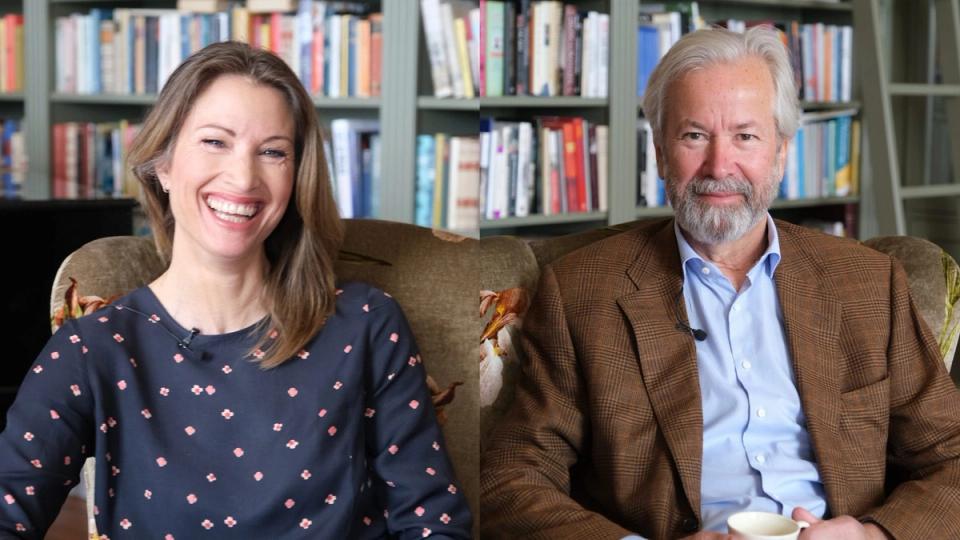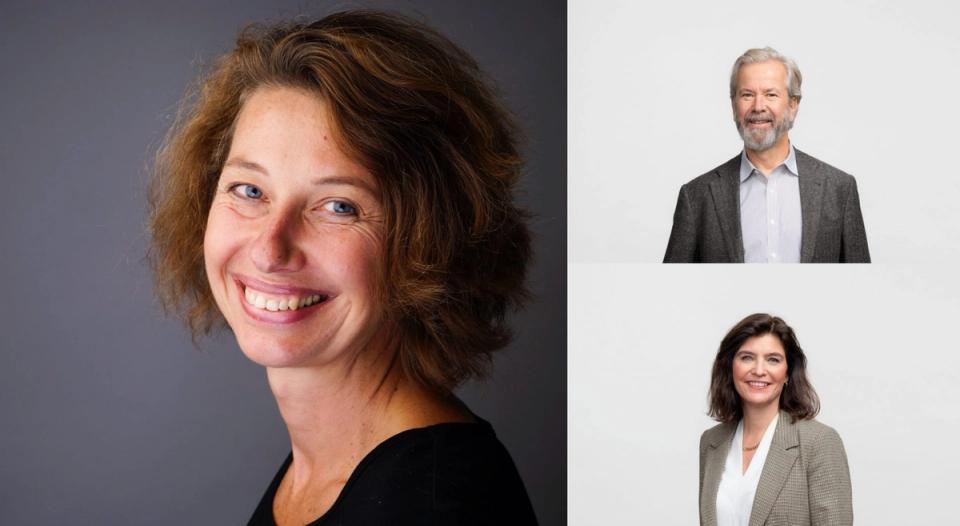22. mai 2018
The search for media freedom in Turkey

In an age when different communities living side by side are polarising rapidly while extensive communications is becoming more available […]
In an age when different communities living side by side are polarising rapidly while extensive communications is becoming more available globally, people’s need for common grounds to discuss problems and elaborate on potential for possible solutions is greater than ever. While each person’s opinion matters, it is vital to have distilled pluralistic opinions and to have a structure when approaching facts and narrating them.
“Journalism is the profession of elaborately lying for someone who pays you to do so. Usually this is a boss, but you have the liberty of choosing your bank in most cases.” This was the statement that my neighbour gave me that would be crucial to know in my job, when I told him that I am a journalist and he gave me a look that combined worry and distrust simultaneously.
I grew up surrounded by various newspapers and magazines and a multiplicity of voices, despite lack of books which were absent from many houses after the 1980 military coup in Turkey. As a child, I vividly remember that there have always been many papers at home, however on television screens there was only one channel that broadcasted in Turkish and the news-hour or as my grandpa used to call it “the agency” was the most boring one, for a 4-5 year old.
Reading newspapers as a homework, to engage pupils with media
In primary school when I first started reading and writing at the age of 7, our teacher issued us a standing-homework that lasted for years: to cut out news-clips from our fathers’ newspapers and come read it in front of the class next day. The impacting homework had two significant rationale.
First one was to make sure everyone knows how to read, as it was not the same piece multiplied by dozens of pupils reading out in the class and learning it by heart and just repeating from the memory; and secondly getting us engaged in media coverage and detect nuances between variations of the same stories as reflected in different sources.
As far as I can remember, this was the first time I got introduced to media culture; in a very pluralistic sense, and this homework lasted throughout the primary school for 5 years.
Except for the tragedies of the 1990s, there was also the wave of liberalisation in television media in Turkey. Private TV networks were being established; informative and entertaining shows were being aired. Some of the concepts already looked familiar, as living on the border I already have been accustomed to some of the Greek and Bulgarian networks. But I must say, despite the war coverage, TV looked more child-friendly to me at the time, than the publications; with the daily satirical cartoons, plastic puppet politicians and humorous agenda commentary on the daily developments. Apart from the plurality of published media, the rapidly liberalising screens were also becoming the new public space for discussion.
Public discussion & pluralistic media
When asked about the culture of problem-solving and discussions in public space in Turkey, unfortunately I can not have an answer that is without shame. It generally follows the logic of ancient Greek thinker, Thucydides that the powerful does what he can and weak suffers what he must. Lack of compromise in this geography is not a modern phenomenon.
Throughout the decades that followed political conflict in Turkey, media has generally been perceived as a tool to propagate own belief, and belittle opponents. Although there were times when this outlook seemed to have been weakened, overall application has been the same, yet new fields allowed a more autonomous area to cover. With each new medium, hope has been growing via inclusion of a wider spectrum of the society in discussions.
Journalism in Turkey has a history of 200 years. It was not based on a widespread literary culture as publications had not been widespread among the nation. Gradually expanding field of pluralism in the media was almost completely destroyed in the aftermath of 1980 military coup, and was only reversed again after establishment of private TV networks in 1990s. However this does not necessarily mean that all kinds of injustices taking place in the country would be reflected in the news. Still, political leaders and seasoned journalists would participate in programs on these channels to discuss agenda, have open sessions to elaborate on the never-ending coalitions, direction to follow, election promises and bring about the potential for compromise.
Despite all the troubled past, there have been marvellous journalists in Turkey, whose names are written in gold. These journalists have contributed immensely to the culture of discussion and pave the way for a common understanding that valued negotiation & compromise.
Why even read a paper that does not endorse own thoughts?
Compromise is not a trait that is easily earned in Turkey. Before my teenage years, I started differentiating between various types of publications, I asked my father a question as to why he buys certain papers, why even succumb to this or that party’s propaganda as some of these papers were obviously far from our family’s opinions or values (but not as radical as some of the more current ones). His answer was a historic one for me, a turning point even: “because we are not alone in this country and we need to have an idea how other people think and consider certain ideas valuable even though we might not fully agree with them. Because we have neighbors, and to have good neighbourly relations we need to know each others’ mindset and agree at least on some principles.” This statement has ever since become a principle in my personal approach to media.
The newspapers brought to our home had a well representation of the political spectrum. This was almost in line with the multiple parties shuffling to take part in coalition governments in 1990s. In 2002, there was yet another turning point, with the results of a two-party parliament. Number of nationally available newspapers was on the rise at this period, yet this did not necessarily mean that there was pluralism in the voices. Although there were more newspapers available on the shelves, polarisation grew in line with the political developments; fewer alternative voices were being heard.
Public spaces were falling under the influence of strong leaders, and calmer voices could not find a way to channel alternating opinions. It was only with the emergence of digital media and increase in internet access across Turkey that I had personally started seeing a true potential for pluralism in the media.
Digitalisation presents an opportunity
I had started a personal website where I had experimented with digital tools for the first time in 2000, and opened my first blog in 2007.
In a country where media ownership decides on the angle of stories and which topics get coverage in general, and ownership of dissemination channels such as networks of publishers, print-houses and distributors decide on whether or not a voice gets a chance to address national audiences, I have always considered digital media as a liberating & balancing medium against gradually increasing polarisation in society; much like I had viewed the emergence of private TV networks in 1990s.
While the level of media freedom and free expression have been heavily troubled in the last 200 years, there had been times – brief as they may have been – when Turkey enjoyed greater levels of liberty. The past decade has not been one of those periods, yet this has been the time when one should be most optimistic. In recent years, Turkey has successively been the top jailer of journalists, one of the countries with fastest decline in rights & liberties, and a rapidly polarizing society. However, in every crisis there are many angles for new opportunities to be tested. It has been such a time of experimentation & growth.
Parallel to the increasing pressure, the tools and technologies that have been available to citizens in Turkey, namely access to internet, blogs, social media and formation of communications networks across the nation as well as smart devices have seen a steep rise. Turkey has become a place where highest percentage of people consider getting news online as more trustworthy than conventional media compared to many other countries.
Living under the pressure of State of Emergency Rule since July 2016, and after years of pressure targeting free expression and right to information, mobile alerts for news has become one of the fastest growing trends in Turkey. More people consider their trusted networks as more reliable than the print issues these days; and this is causing a change in how journalism is being conducted. Compared the previous decades’ culture of one-way journalism, now the news-readers become part of the story, assuming a more engaged role in not only the free distribution of media, but also creation of stories through active-readership thanks to scope of digital media tools.
Although more than 95% of the media has fallen under the control of governing party, and there are only a handful of nationally operating newspapers left, the fact that society demands independent news shows the strong roots that have grown through the tireless work of those journalists whose names are written in gold in previous decades.
The contagion of hope and courage had shown linear growth on an enormously bumpy road several decades ago; yet today it has assumed an exponential pattern, proliferating across the country, and any kind of injustice taking place anywhere does not go unnoticed at the moment.
It has been a decade today since I started working as a journalist professionally on top of the experiences since my childhood. As a rights & liberties focused journalist that started in print and migrated to digital, now I am sharing my experiences & expertise with the 500+ citizen journalists in dokuz8NEWS networks, and will continue expanding even further.
I do sincerely believe that the digital transformation of media has presented an immense opportunity to break the walls of censorship and restriction, and is opening new grounds for more people to engage in discussions, creating an even larger public space where the new culture of media will soon present us with principles of common sense & compromise.
Short about the author:
Gürkan Özturan is the executive manager of rights-focused independent citizen journalism platform dokuz8news which publishes news emerging from social platforms & human rights networks across Turkey, and recently started a project on Developing Data Journalism Capacity, in the shadow if the increasing repression of critical voices in Turkey. He has studied in Istanbul, Uppsala, Nice and Berlin. His academic and activist expertise is right wing populism and digital rights & liberties, and he is published and interviewed by many of the major news outlets. Özturan is a board member for Turkey Europe Foundation, and also contributes to the work of several other NGOs.
What is “Tinius Talks”? Tinius Talks are articles, videos or debates by specialists on the future of journalism, fair tax policies and ethics in algorithms – shared by the Tinius Trust once a month throughout 2018.



